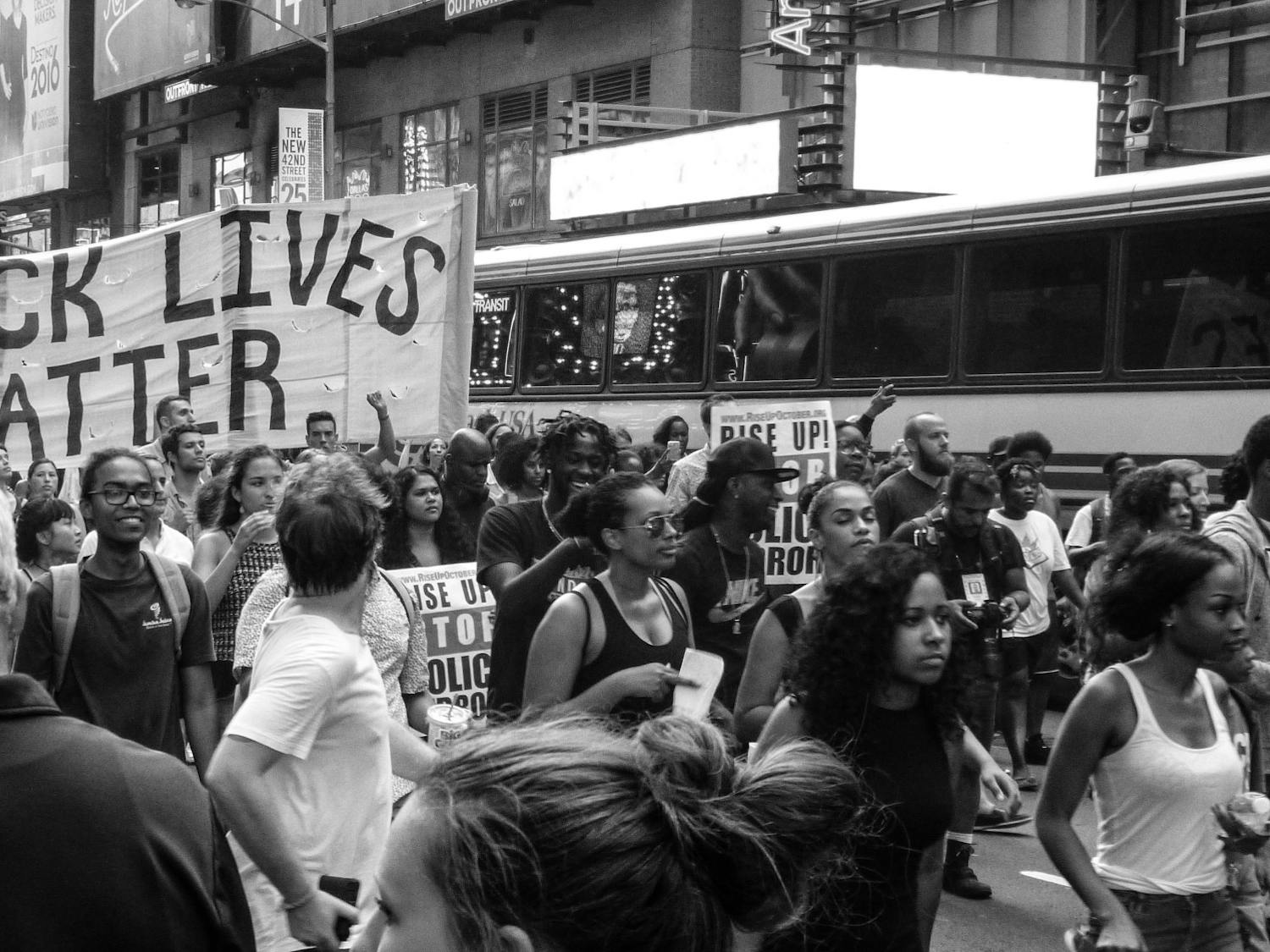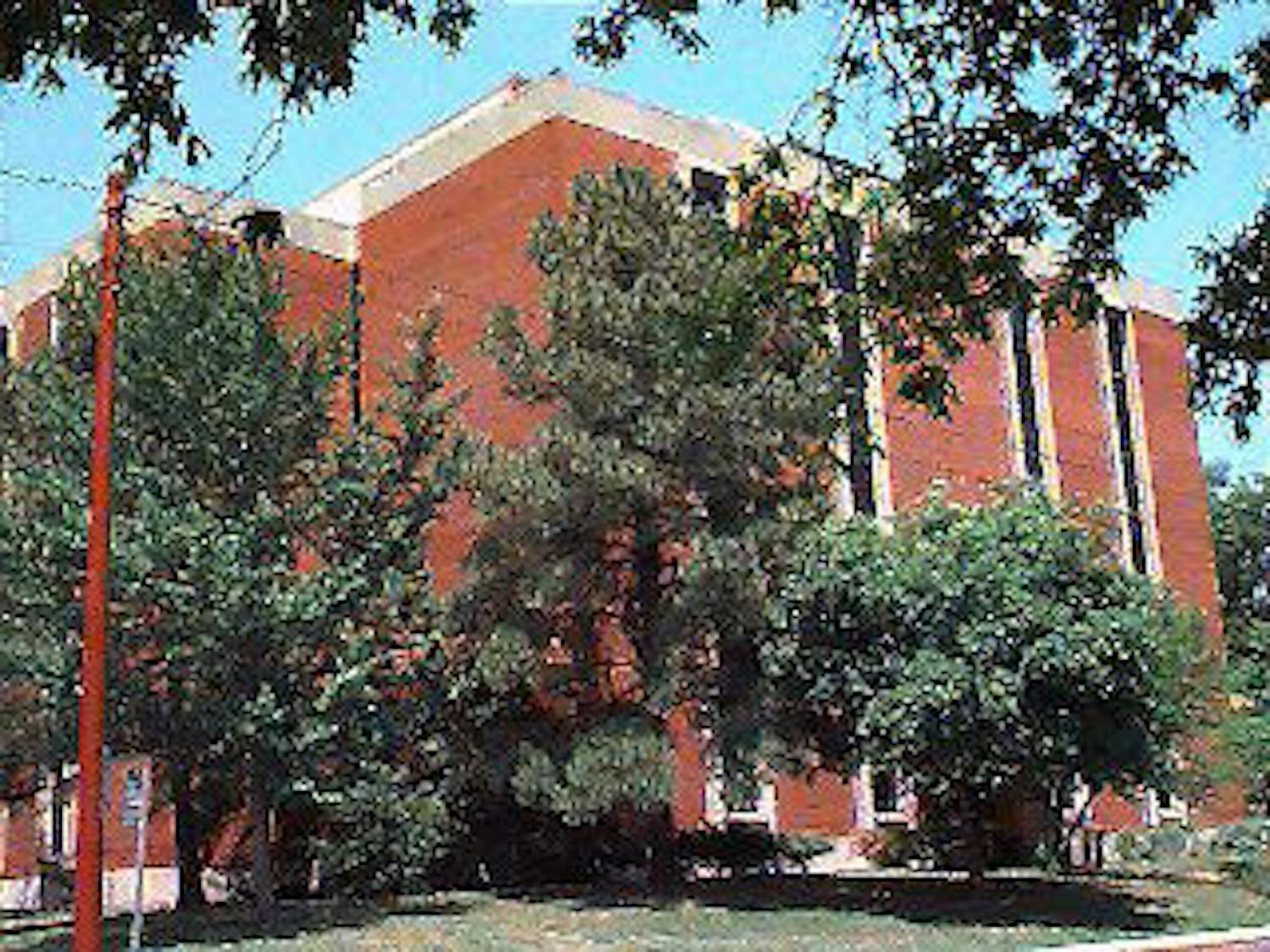As the midterm election comes and goes, a new question arises: should the voting age be lowered to 16? Through a survey, we asked University of Memphis students their opinions.
Currently, in Tennessee, the age to vote is set at 18.
There are many who think the voting age should be lowered in the United States. There are even a few organizations committed to the cause, such as the German Marshall Fund of the United States, FairVote organization, and Vote16USA. And a few counties and towns in Maryland allow 16-year-olds to vote in local elections.
The idea is that lowering the voting age to 16 would not only help democracy but also encourage a lifelong habit of voting since studies show that simply voting once increases the likelihood of that person voting again.
In 2008, the country Austria lowered their voting age to 16, and has since shown higher voting engagement from 16 and 17-year-olds than from ages eighteen to 21-year-olds.
“I think high schoolers should be able to vote,” said a 21-one-year-old art education major. “Their opinions are starting to emerge, and with waiting till you're 18, it makes it hard to have that motivation to vote since your voice is suppressed for so long.”
Those who support lowering the voting age argue that teenagers today are well-educated in politics due to easy access to the internet and are mature enough to handle and understand voting.
However, while some think teenagers are ready to perform their civic duty, others have concerns.
“I don’t think it should be lowered,” said a 21-year-old journalism major. “It is the age we technically become adults.”
Studies show that a majority of Generation Z obtain the news from their phones, which calls into question teenager's media literacy skills.
Media literacy is the ability to obtain and analyze the media content we see online. With programs like algorithms and misinformation, media literacy skills are more important than ever when it comes to figuring out fact from fiction when we get our news from social media apps such as Twitter and Instagram.
“I think it should stay the same because lowering the age would mean going to children who haven’t fully developed or matured for voting,” said a 21-two-year-old journalism student.
However, Generation Z, mainly those born after 1996, have grown up with the internet, and a study done in 2018 shows an increase in teenagers' media literacy skills. But that doesn’t mean they aren’t easily influenced.
Another concern with Gen Z voting is that they wouldn’t actually take the time to learn politics, and would just vote with whoever their friends or family members voted for.
“Practice voting for sure, but telling them to take actual voting seriously seems difficult,” said that same journalism student. “Many would just choose what their friends chose and not really think of the future.”
So what do you think? Should 16-year-olds be able to vote?




